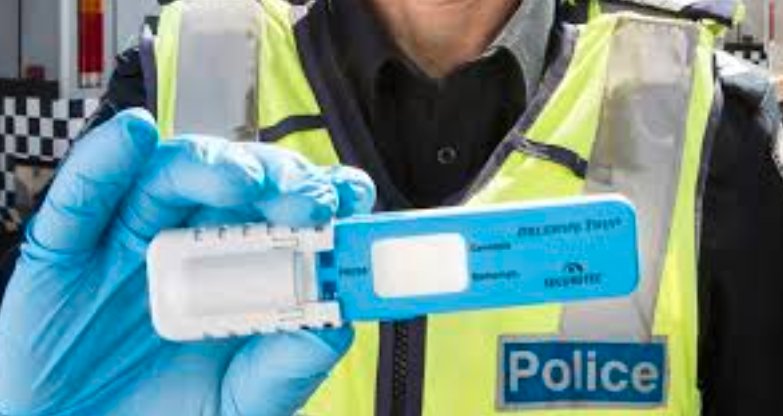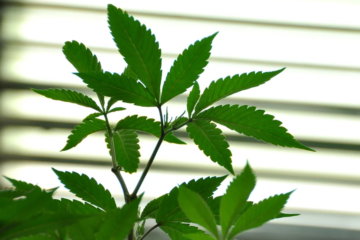In a surprising revelation, independent Tasmanian MP Craig Garland has confirmed that he tested positive for cannabis during a roadside drug test. The incident, which occurred as part of a random safety blitz, has sparked legal and political discussions, particularly concerning Garland’s eligibility to remain in parliament.
The Incident
Garland, who was elected to the Tasmanian state parliament in March 2024 as an independent MP for Braddon, revealed that he was stopped by police while driving to Montagu in the state’s north-west. Garland was undergoing a routine roadside drug test when it was found that he had THC (tetrahydrocannabinol), the psychoactive compound in cannabis, in his system.
The test, which took place on Friday (Garland later clarified it was on Saturday), returned a positive result for THC. Garland admitted to having used cannabis the night before the test, primarily for pain relief following an injury. He also disclosed that police found a small amount of cannabis in his vehicle—just a “fraction of a gram” mixed in with tobacco in a pouch.
Garland explained that he had been using cannabis intermittently for years, both recreationally and for pain management, after other prescribed medications, like opiates, caused unpleasant side effects. He said he was not medically prescribed cannabis but had been advised to try it by an acquaintance who recommended it for his pain.

Police Response and Next Steps
According to Garland, the cannabis was seized by police, but he was not charged with any crime at the time of the stop. A police spokesperson confirmed that “at present, there are no charges in the system,” and Garland’s vehicle was thoroughly searched without uncovering any additional illicit substances.
The test result was followed by a further saliva sample, which Garland suspects will likely return another positive result. While Garland acknowledged that he made a mistake in underestimating the detection window for cannabis, he has expressed willingness to face the consequences if necessary. Garland emphasized that he had undergone previous drug tests without issue and thought he had “worked it out,” only to be caught off guard by this recent positive test.
Legal and Political Implications
The incident has raised concerns about Garland’s legal standing and whether it could affect his position in the Tasmanian parliament. According to former attorney-general and law lecturer Peter Patmore, under Section 34(e) of Tasmania’s Constitution Act, an MP’s seat may become vacant if they are convicted of a crime and sentenced to imprisonment for more than one year.
The charge in question would likely relate to the possession of a controlled substance, which in this case is cannabis. The maximum penalty for such an offence in Tasmania is two years in prison. However, Patmore also noted that police could opt for a diversionary system rather than pressing formal charges. Additionally, magistrates have discretion to decide whether a conviction should be recorded, considering factors such as the nature of the offence and the social and economic impact on the offender.
Garland’s Response
Despite the potential legal ramifications, Garland appeared unfazed by the possibility of losing his parliamentary seat. He told ABC Radio that while he wasn’t worried about being disqualified, he was “more than willing” to discuss the issue should it arise. He reiterated that he believed the matter should be dealt with fairly and transparently, but he did not anticipate any significant impact on his ability to serve in parliament.
The issue has nonetheless sparked a wider conversation about the use of cannabis in Tasmania, particularly among public figures. Garland’s case highlights the ongoing tension between personal freedoms and the legal framework governing cannabis use, especially as public attitudes toward cannabis continue to evolve.
Next Steps for Garland and Cannabis Legalization in Tasmania
While Garland is currently not facing charges, the outcome of his saliva test and the potential legal consequences could significantly affect his political career. His case also brings to the forefront broader discussions about the regulation of cannabis in Tasmania and the use of roadside drug tests, especially as the state has seen a shift toward more lenient cannabis policies in recent years.
The outcome of this case may set a precedent for future instances where lawmakers are involved in drug-related incidents, and it could shape the conversation around cannabis regulation in Tasmania moving forward.



